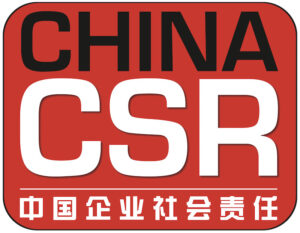According to a directive from the Beijing Drug Administration, starting from June 2010, both Chinese-made and imported cosmetics should be marked with all their ingredients and products that fail to meet the requirement will be suspended from the Chinese market.
From then on, consumers will be able to know all of the contents of a cosmetic product, including lead, mercury, and pigments: this information was not always available on cosmetic labels in the past.
A representative from the BDA told local media that, generally speaking, cosmetics manufacturers are willing to mark the nutrients in their products like vitamin C, vitamin E, ginseng, and aloe. But labels do not show some auxiliary ingredients such as preservatives, pigments, flavoring essences, surfactants, and anti-corrosion fungicides.
In foreign countries, especially in European and America, the ingredients of a cosmetic product has to be marked and listed in accordance with the amount of each contents. A relevant regulation of the European Union says that even though not all the contents can be marked on the ingredient list for trade secret reasons, the manufacturer must hand in an application for confidentiality to the supervisory authority. However, when those international cosmetics brands are sold in China, their Chinese instructions are usually curtailed.
Commenting on this situation, the BDA says that cosmetics companies are currently changing their packaging and instructions to meet the new requirements in China. The adjustments would be completed before June 2010 and the sales of products that failed to meet the new policy would be prohibited at that time.
The administration added that the new rule would serve to enhance the rights and interests of consumers while assisting supervision by the departments concerned.

